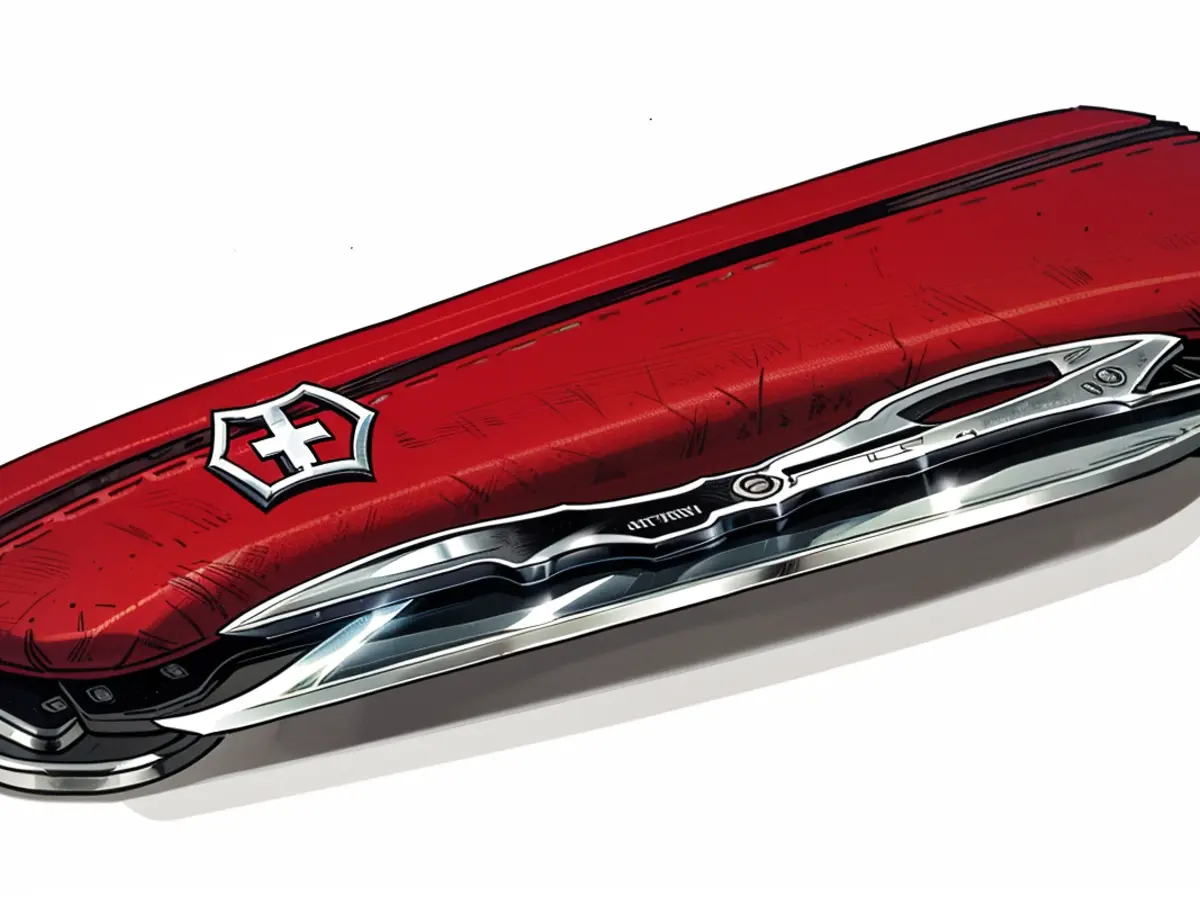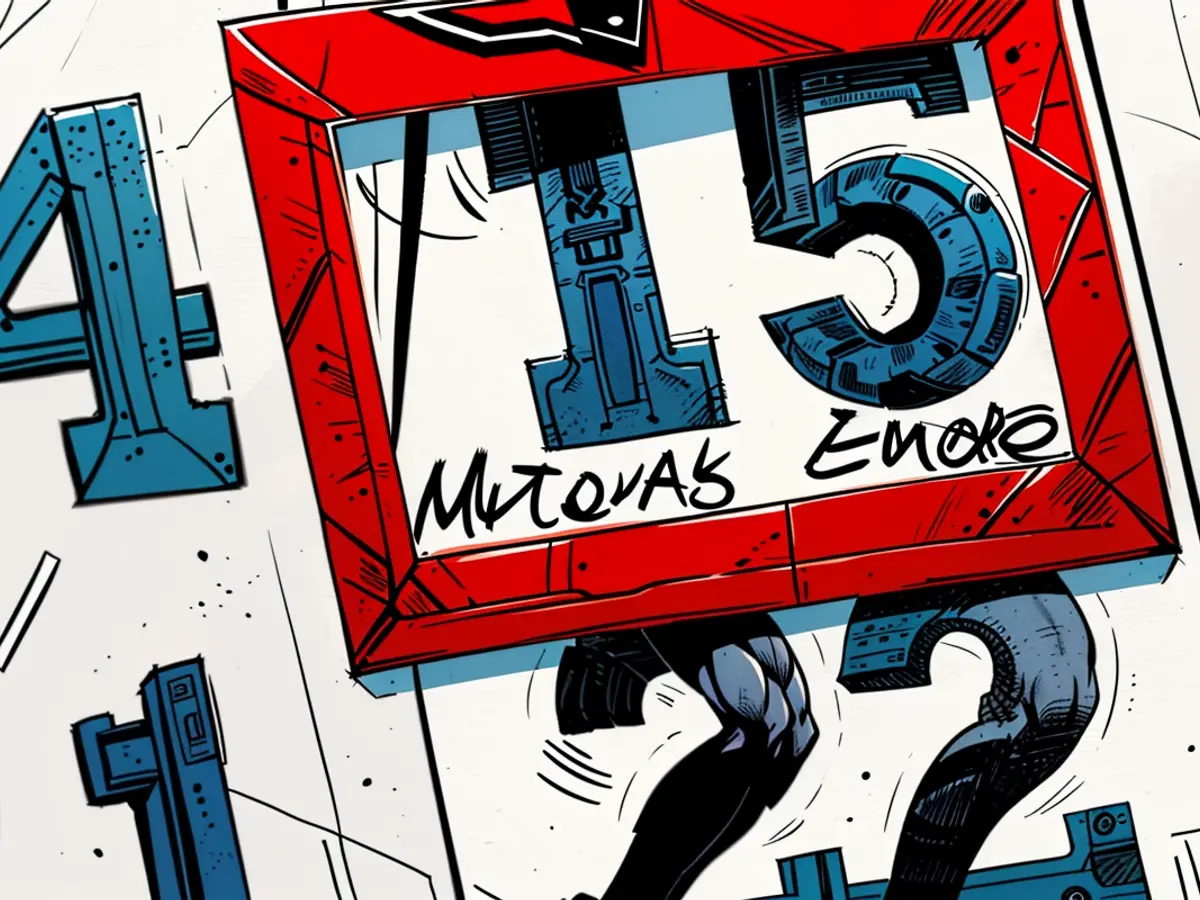Brand moment - Why Victorinox wants to sell Swiss army knives without a blade
When Veronika Elsener talks about Victorinox's planned revolution at the cutlery manufacturer, she makes an apt comparison: What the Elsener family business intends is roughly equivalent to offering chocolate without cocoa: a Swiss Army knife without a blade. According to the Marketing CEO, who also sits in the management, the blades of Victorinox knives hold nearly 140 years of expertise.
Years ago, at the company headquarters in Ibach, they began building new pillars beyond the famous Swiss Army knife. A catalyst for this was the terrorist attack of 9/11, after which governments worldwide implemented strict security measures. Pocket knives, previously a popular travel item from airport shops, were banned from passengers. Victorinox lost 30% of its sales.
As a result, Victorinox developed new product categories: clothing, luggage, even a perfume line. However, the company still primarily lives off its core business. "Heart and strategic basis" of the brand, according to Veronika Elsener, is the Swiss pocket knife, which currently accounts for 36% of sales. Another third comes from kitchen knives and cutting tools for specific professional groups.
Victorinox offers 250 pocket knife variants
In recent years, security regulations have become increasingly stringent in many countries – not least due to knife attacks, such as the recent one in Mannheim. Elsener mentions, for example, the Offensive Weapons Act of 2019 in the UK: There, it is not only forbidden to carry knives with blades longer than 7.6 centimeters in public. There are also strict regulations for online sales, making the sale extremely complicated. Due to regulation, Victorinox lost half of its sales in the UK. In some EU countries and in Asia, similar regulations now apply.
For a company that is 80% dependent on exports, this is a major problem. Therefore, it's clear that one must react to stricter regulation, says Elsener – even if it goes against the core of the brand. This led to the decision to offer pocket knives without blades in the future. Exactly how these "pocket tools" will look is still a secret. The innovation team was tasked with thinking "out of the box" in development, as Elsener says. Possible application areas: sports and outdoor, for example, as a tool for cyclists.
Today, Victorinox offers among the almost 250 variants of the pocket knife such models with a USB stick or a tool for golfers. However, all models have so far contained a foldable blade. Giving that up means a "cultural shift" for the company, according to Elsener – even if it's not about replacing the classic knife, but an addition: "If we want to survive, we can't just maintain the status quo."
Victorinox, renowned as abrand icon from Switzerland, is known for its wide array of 250 pocket knife variants. Despite this, strict regulations in various countries, such as the Offensive Weapons Act in the UK, have led to a significant decrease in sales for the company. In response, Victorinox is planning to offer pocket tools without blades in the future, a cultural shift for the brand that aims to maintain its market presence.








